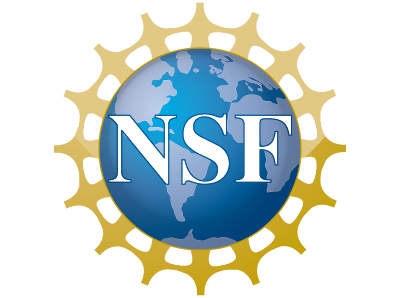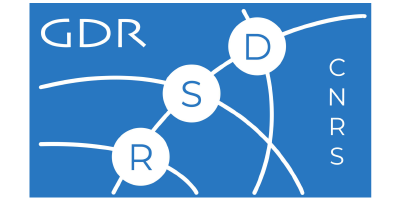The Third International Workshop on Flexible and Agile Networks: 5G and Beyond (FlexNets 2019)
in conjunction with IEEE INFOCOM 2019
April 29 – May 2, 2019, Paris, France
http://flexnets.ceng.metu.edu.tr
CALL FOR PAPERS COMMITTEE SUBMISSIONS PROGRAM
There has been a tremendous evolution from voice systems to sophisticated communication platforms in mobile communications. Today’s mobile communication systems provide a diverse set of services and applications to a large number of devices. Nevertheless, future systems such as 5G and beyond are expected to serve applications with varying requirements, be adaptive to dynamic topologies, and take autonomous decisions to reconfigure the networks for efficiency and resiliency purposes. Flexible and agile networking solutions are required to deal with uncertainties and unknowns, and also to enable backward and forward compatibility.
Next generation flexible networks are subject to certain spatial and temporal factors affecting the behavior of the network, which may be considered as an intuitive indicator of the need for certain transformation processes. The variety in the demands of individual users and even each application is expected to increase in time together with the increase in the number of services provided by these networks. As the number of such bandwidth-hungry applications increases, the capability of end-to-end holistic network transformation is required triggered by the dynamicity and mobility of users and their service demands as well as the radio and resource topology. Network resources will eventually be wasted if related parameters are not adapted to individual QoE/QoS needs and the dynamics of the applications and services, initially starting from radio resource topology and diffusing into software network resource topology based on the underlying networking and computing infrastructure.
Ability to process the big data generated by the network, derive necessary feedbacks from the network and AI-assisted cognitive network management are key enablers for elasticity and adaptiveness to network dynamics such as topology changes due to mobility of the end users, base stations and rearrangement of network resources (either physical or virtual network functions). A distributed, self-*, AI-assisted and deeply programmable/reconfigurable end-to-end network architecture is required to address such network dynamics. Future networks must be flexible and elastic to easily introduce new services, applications and business models. Any topic related to this concept is welcome.
Important Dates
Submission: Dec. 30, 2018 Jan. 24, 2019 (FIRM DEADLINE)
Decisions: Feb. 22, 2019
Camera ready: March 10, 2019











